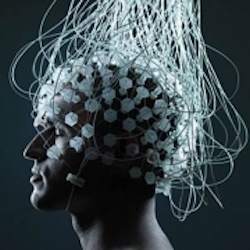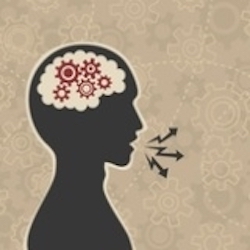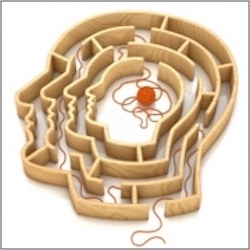Practicum
Neuroscience and Psychology

This course provides students an opportunity to conduct research in a neuroscience laboratory. Students will gain hands-on experience in using neuroscience techniques available to conduct psychological research. Emphases will be placed on experiment programming, data collection, data analyses, results presentation, report writing and reflection papers under the guidance of a faculty member. Upon the completion of this course, students should be able to apply textbook knowledge to actual research, and identify the strengths and limitations of neuroscience techniques in psychological research. The experience would serve as a springboard for students to adopt neuroscience reasoning and techniques in any sub-fields of psychology research.
Education and Human Development

This course introduces students to applied developmental settings such as schools, organizations that work with children and adolescents, and medical institutions such that they will have an opportunity to apply the theories and subject matter of developmental and educational psychology in the "real world". Students will arrange a practicum placement together with the course lecturer.
Social and Industrial-Organizational Psychology

Psychology and
Health

Research Practicum

Guided Self-Help

Students will provide guided self-help services in community settings under the supervision of clinical psychologists. This practicum experience represents the culmination of knowledge and competencies that the students have developed towards assessment of common mental health difficulties and interventions using low-intensity interventions and guided self-help within the stepped care model. Students at the practicum settings will work as part of the team in providing evidence-based services to individuals with mild to moderate common mental health difficulties. Issues pertinent to service delivery such as risk management, medication, and multi-cultural competence are discussed to raise the awareness, sensitivity, and competence of students in providing services. The science and practice of adaptations during the service implementation to accommodate individuals from diverse social, cultural, health, economic, and occupational backgrounds as well as in-service settings with varied resources and community contexts will be introduced to enhance students’ critical appreciation of the knowledge, attitudes, and competencies required to support clients’ recovery in an inclusive, value-driven way. Students need to fulfill at least 160 hours on-site under the supervision of clinical psychologists and attend biweekly one-hour clinical skills supervision by the course instructor.

